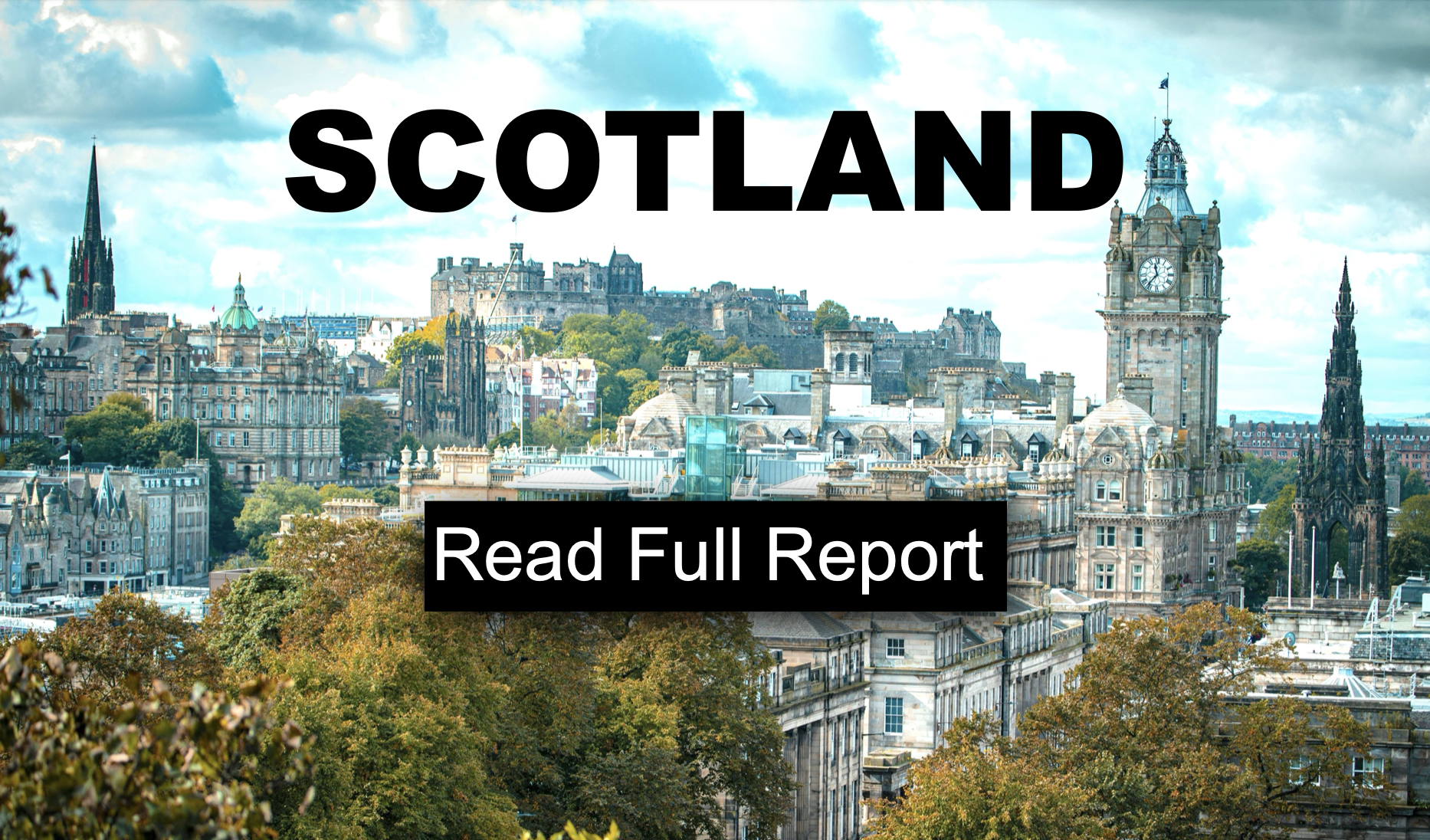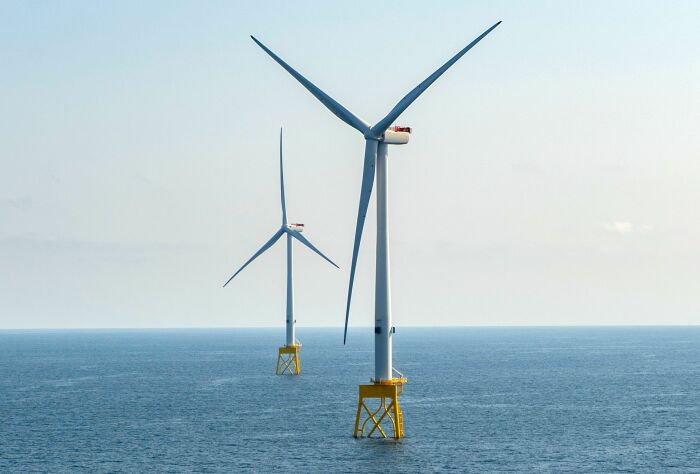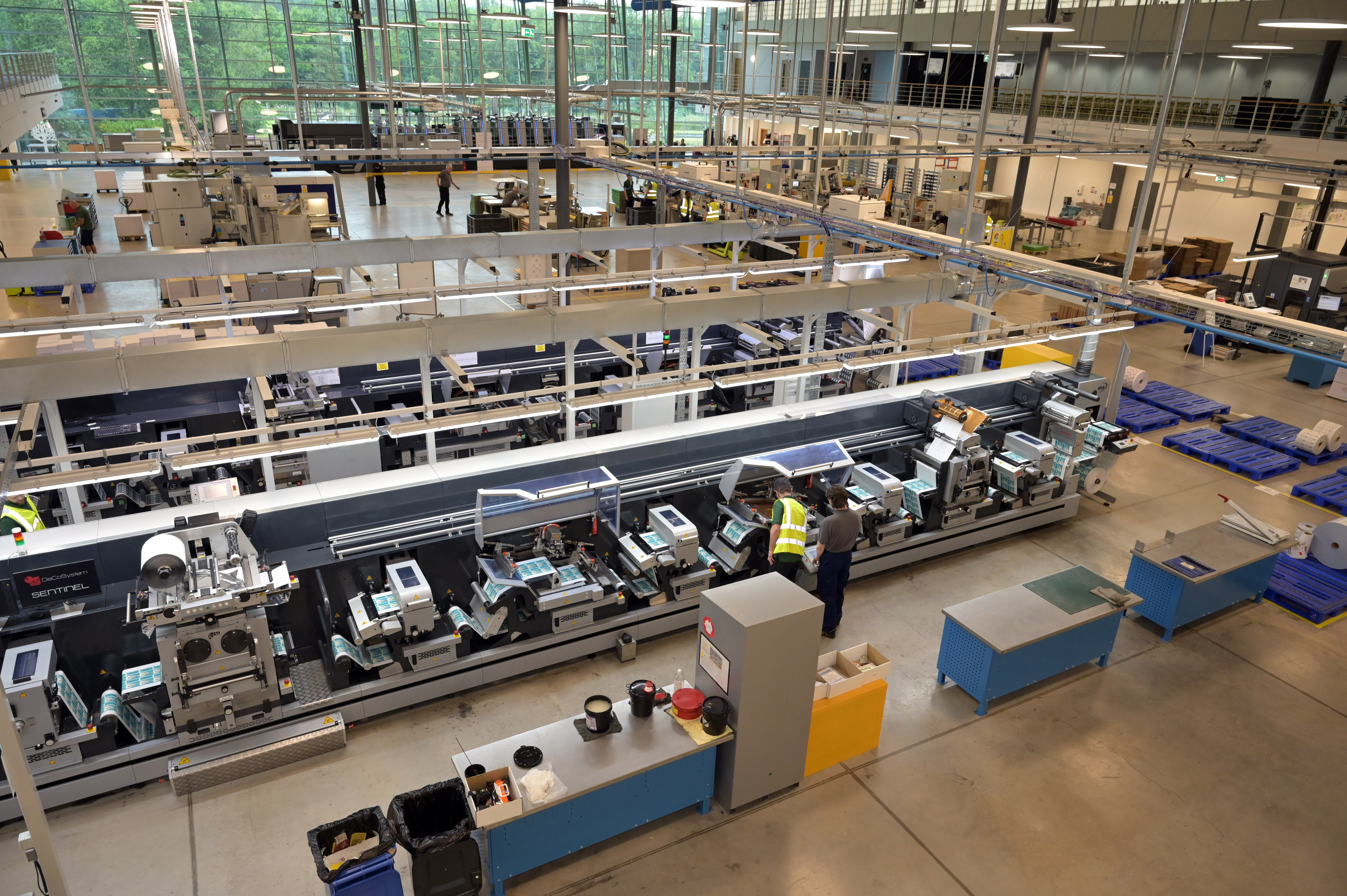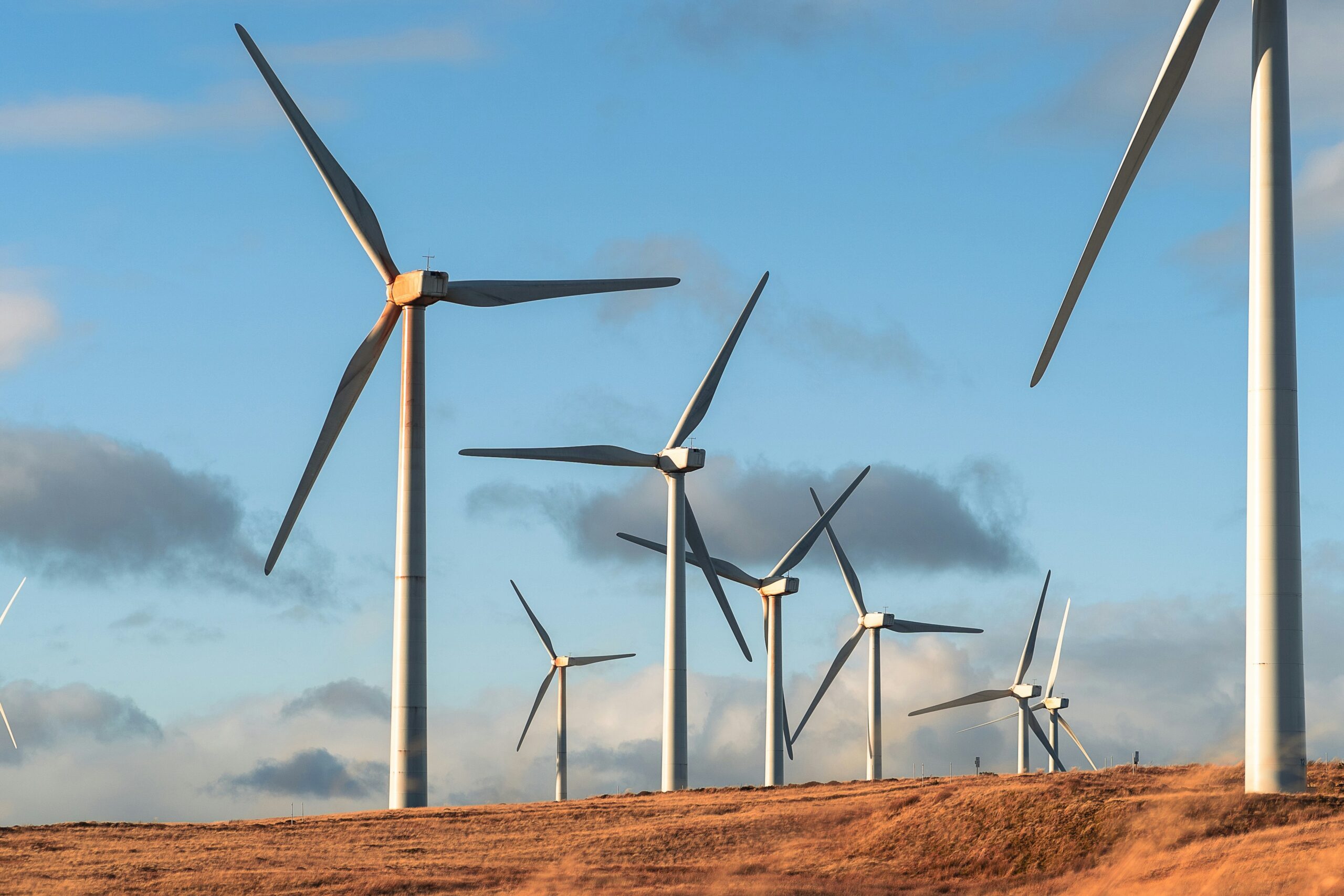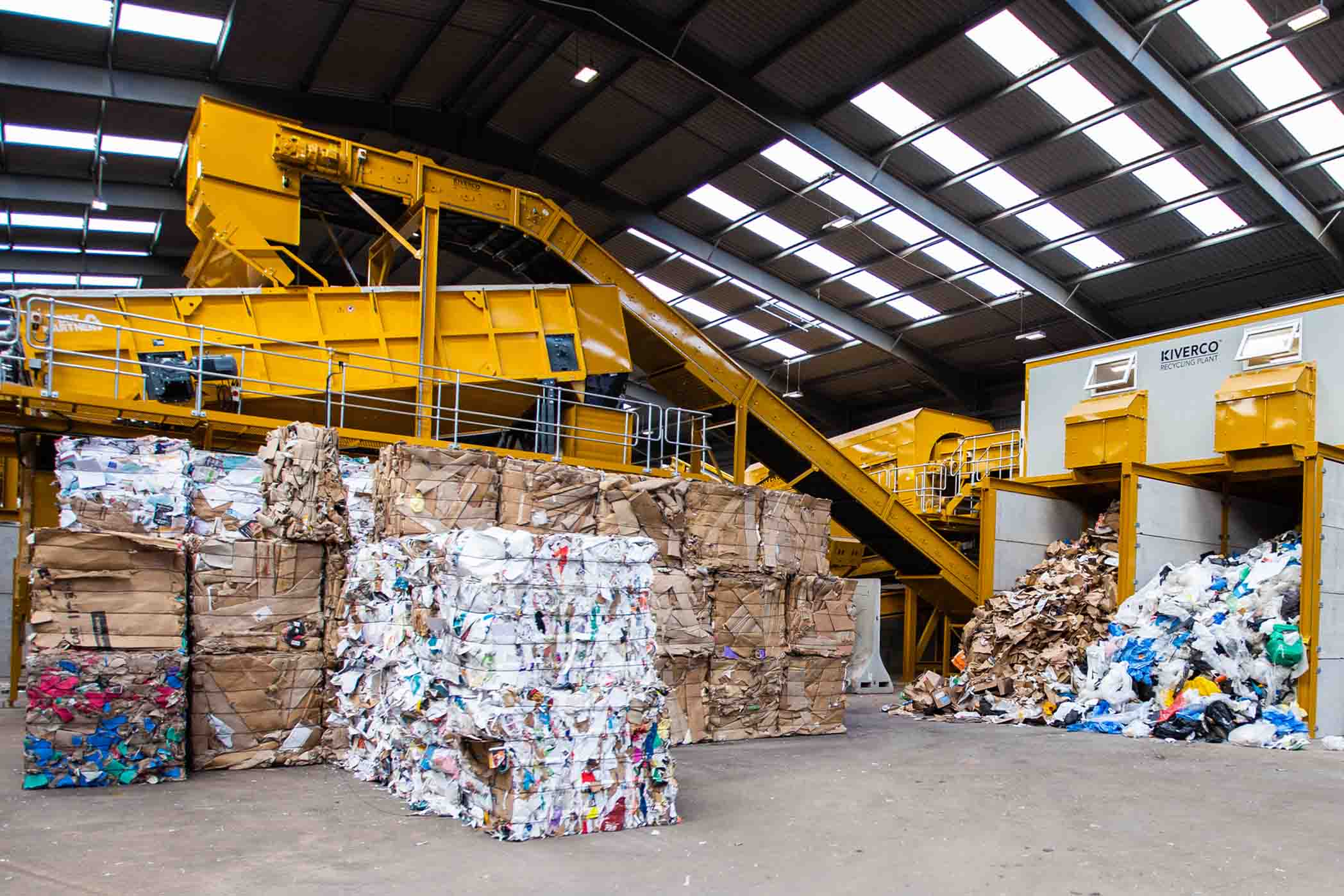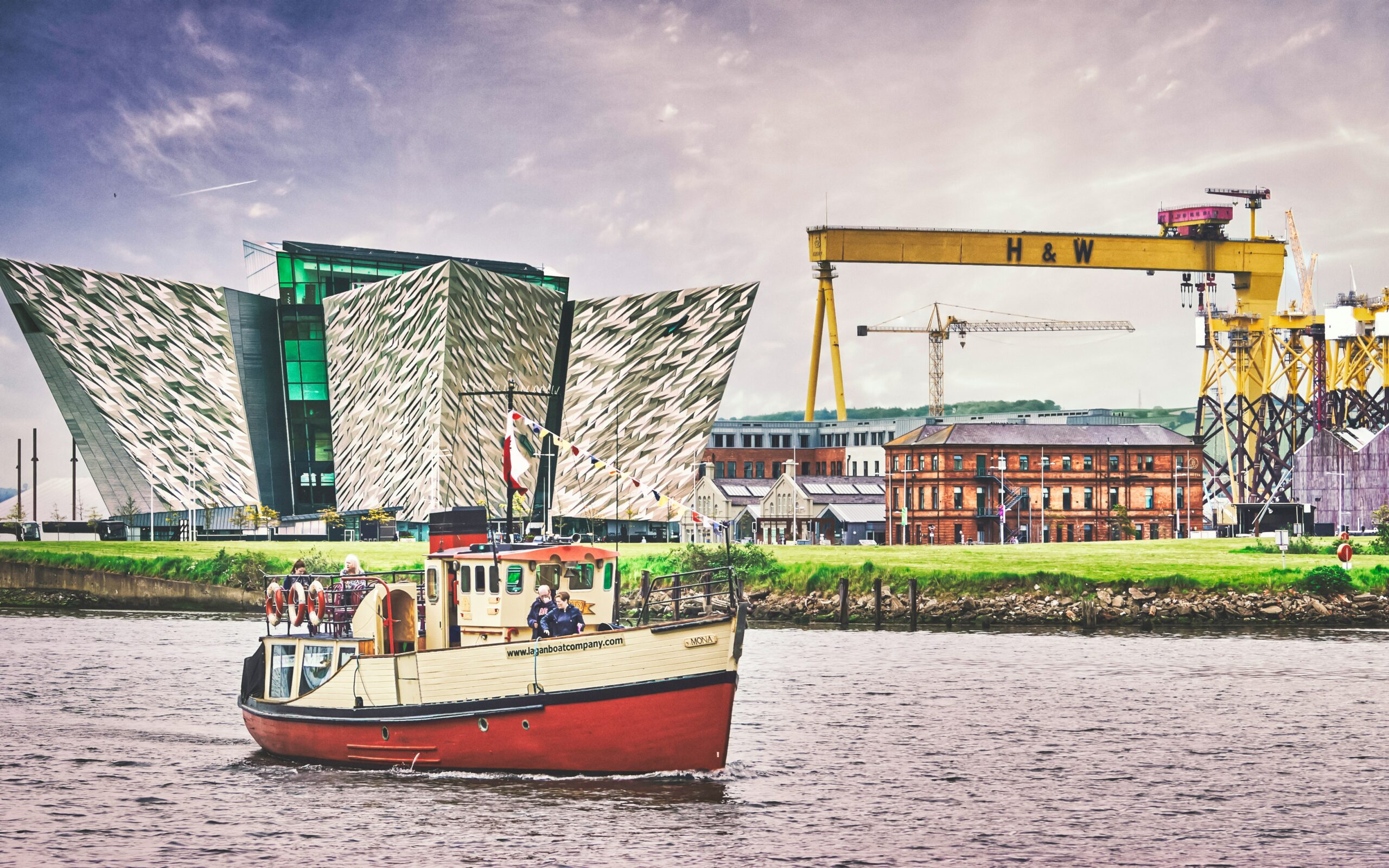A conversation with Alan Connell, Managing Partner of Eversheds Sutherland Ireland

Before the financial crash in 2008, Ireland was one of the biggest European success stories. Nicknamed the ‘Celtic Tiger,’ the island nation had low unemployment, low inflation, modest public debt, and solid growth.
Alan Connell, Managing Partner of Eversheds Sutherland in Ireland, the country’s only full-service, global law practice with an an-island presence and multidisciplinary expertise stated, “In 2004 The Economist proclaimed that no other country in the developed world saw such a transformation to its image happen so rapidly as Ireland did. This was a far cry from its previous description back in the 1980s as the ‘poorest of the rich.’ However in 2008, Ireland was swept up in the global financial crisis, and the impact was felt very heavily. Adverse effects involved a period of austerity, a cut back in salaries, and high unemployment. It was fueled by a property sector crash and associated credit bubble. Disappointedly, this caused a drop in necessary infrastructure, particularly in the housing stock required for the young and growing population.
“Ireland’s remarkable recovery is a story of cooperation between the Irish government, the IMF, and the EU. While the problems were somewhat homegrown, the return to economic health also required homegrown solutions in terms of restructuring Ireland’s banks, putting government finances back on an ‘even keel,’ and working out a mountain of bad debts. The IMF and EU provided loans and advice, but the Irish government was very much in the driver’s seat.
“Ireland’s success emerging from that financial crisis came from focusing on restoring international confidence in the Irish economy and driving an export driven and investment led recovery. As a result, Ireland developed and enhanced its offering of an open and pro-business environment, which accelerated the country’s position in the global market as an international business hub, and which became even more critical given the increasing internationalization of the economy.”
Today Ireland offers a powerful combination of benefits. In addition to providing the free movement of goods, people, capital and services within the EU’s single market, Ireland offers a low-tax, EU and Eurozone jurisdiction with a pro-business environment, talented workforce, and the necessary physical, legal, regulatory and commercial infrastructure of a highly developed OECD jurisdiction. It provides an attractive platform for multinationals to do business both in Europe and beyond.
Connell continued, “Multinationals face ever-growing complexities such as Brexit, trade wars, tariff issues, and are also grappling with an ever-changing global tax environment with major reforms emanating both from Europe and the USA. As a small open island economy, Ireland feels the chill of such global political and economic uncertainty more than most. Ireland is embracing this challenge by offering certainty in an uncertain world. Certainty of commitment to EU, certainty of access to the EU’s single market, certainty of access to global talent and skills, not closing borders, and offering certainty of legal and tax treatment. The outlook for Ireland remains really positive as multinationals and indigenous entities can avail of the possibilities presented.
“In the midst of global tax changes and policy shifts, Ireland has been to the forefront in ensuring certainty for business. Ireland’s corporate tax offering, including the ongoing commitment to the 12.5% rate, remains clear and transparent, whilst also adhering to best practices and regulations emanating internationally. While still subject to significant hurdles from an EU/OECD and US perspective, the recent G7 agreement on a minimum global tax rate poses additional opportunities for Ireland to ensure that its tax regime remains competitive, effective and appropriate in an ever changing global trading landscape.
“Ireland’s economy with few restrictions on trade provides significant opportunities to multinational companies across all business sectors for transatlantic trade. As a result, Ireland remains the jurisdiction of choice for emerging American companies looking to break into European markets.
“Ireland has a proven track record as a successful location for world-leading established and high-growth multinationals from around the world. Its performance to date as a hub for FDI is unrivaled. One-third of the multinationals already in Ireland have had operations in the country for over 20 years. Thus illustrating the longevity, resilience, and commitment of these companies to Ireland, and of Ireland to those companies. Ireland, is a small, highly globalized economy with a well-established FDI sector generating significant exports across business sectors. The nation’s attitude enables companies to set up swiftly with minimal red tape, in a connected English-speaking, and common law environment. The talented and youthful workforce is well educated, mobile, ambitious, and adaptable. As a country, Ireland combines competitive salaries with a high standard of living to attract talent from every corner of the world. It is the people, rich with creativity, skills, and culture, who drive Ireland’s and its FDI investors’ success. As a result, Ireland is one of the most productive countries in the EU.”
He continued to discuss Eversheds Sutherland and said, “As a global top 10 law firm with over 5,000 people worldwide, including almost 300 people on the island of Ireland, we provide legal and tax advice and solutions to a local and international client base, including some of the world’s largest multinational corporations and financial institutions. We can leverage the legal and tax expertise of our colleagues around the globe encompassing 74 offices in 35 jurisdictions, including 8 offices in the USA. Accordingly, we are the true law firm of choice for internationally focused companies and financial institutions doing business from Ireland. Our global footprint means we are on-hand effectively as a one-stop-shop to assist our clients as they seek to expand in and from Ireland.”

